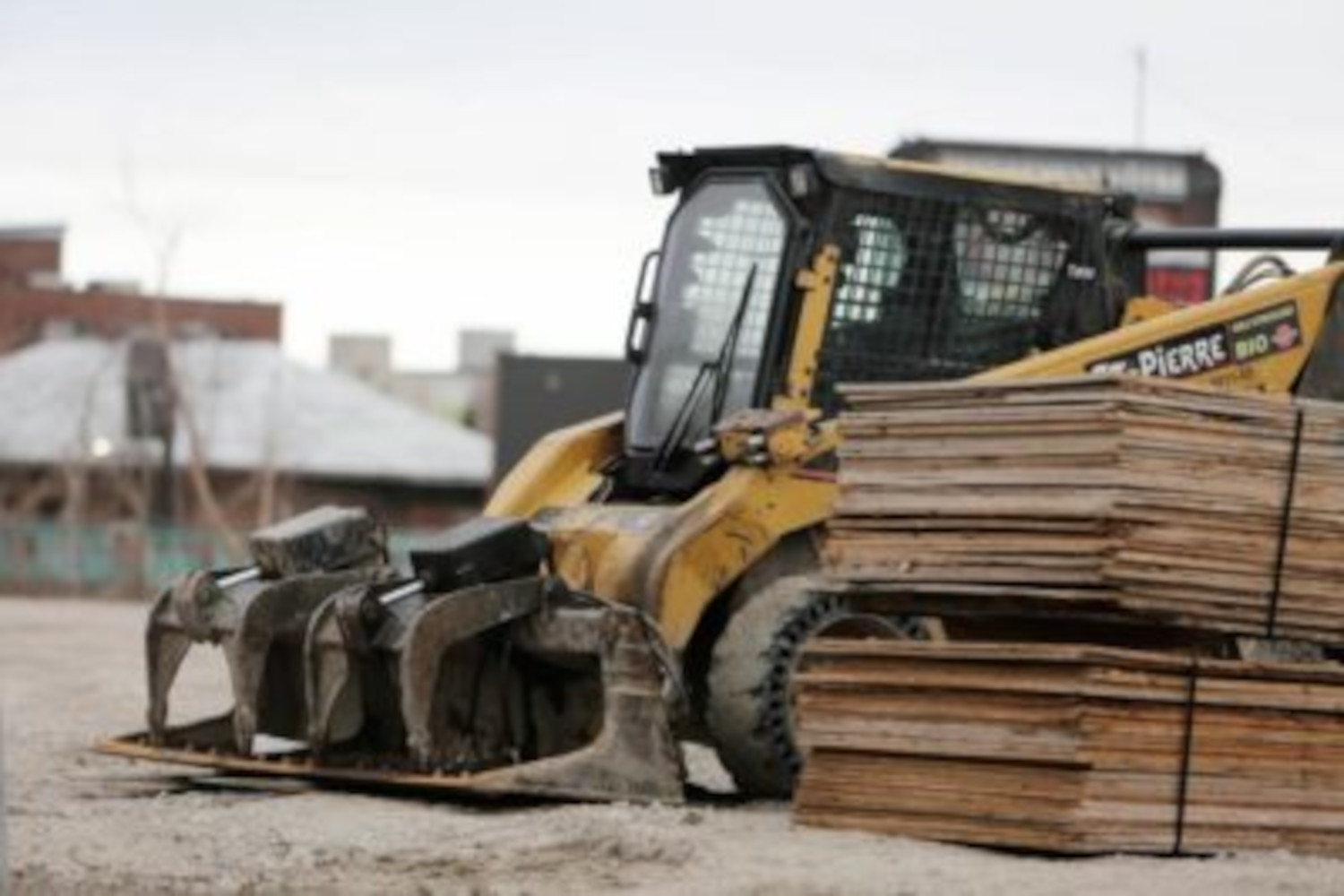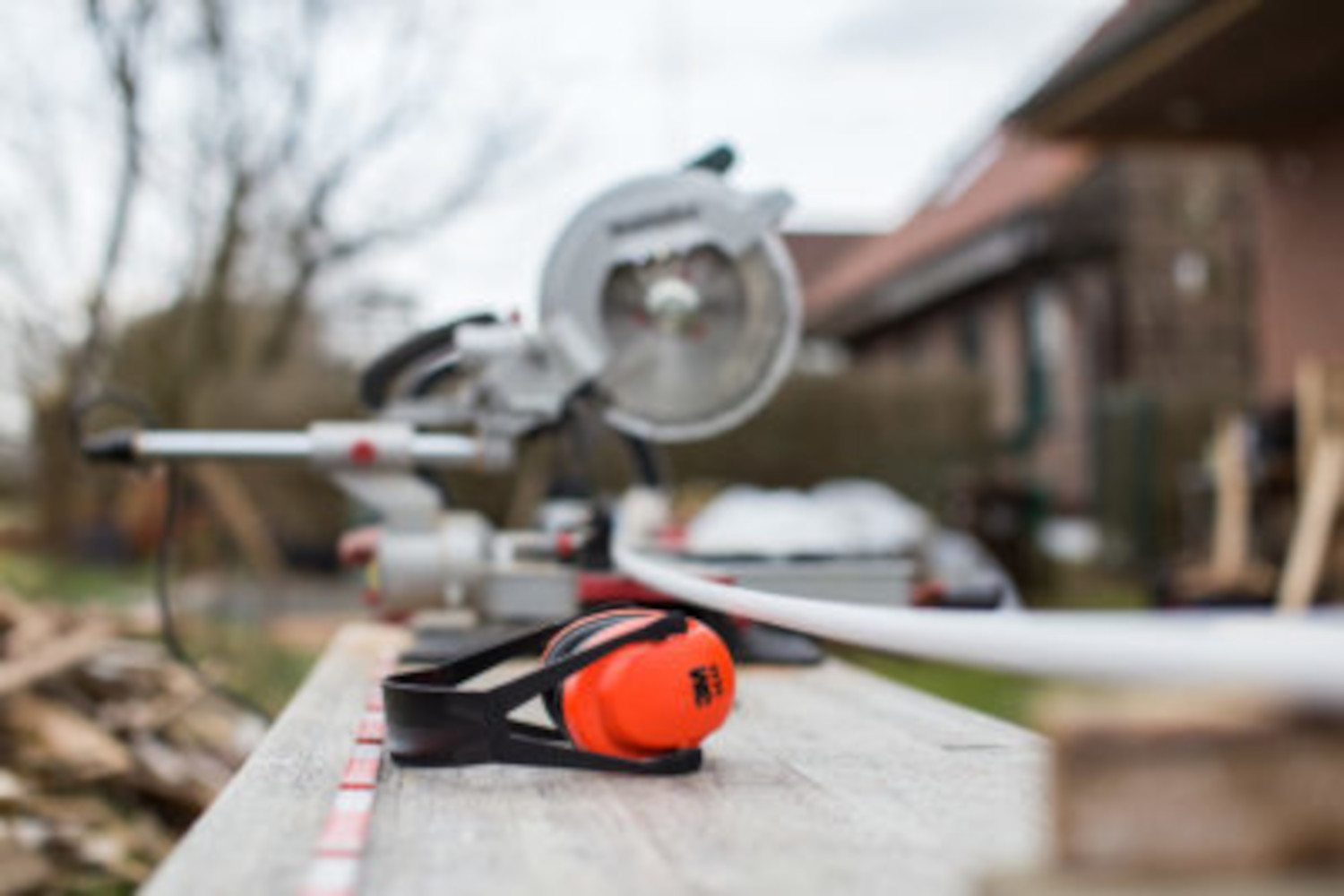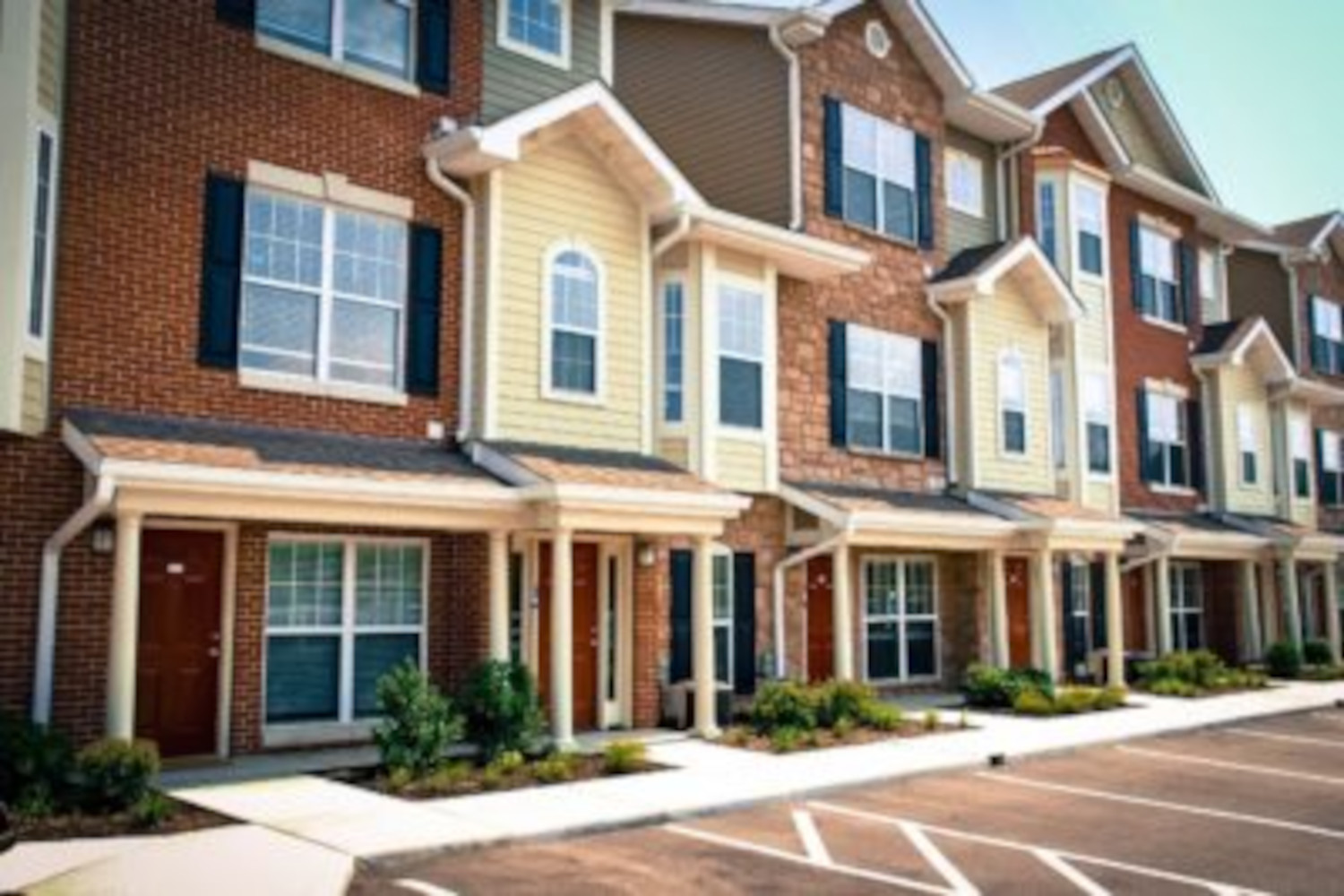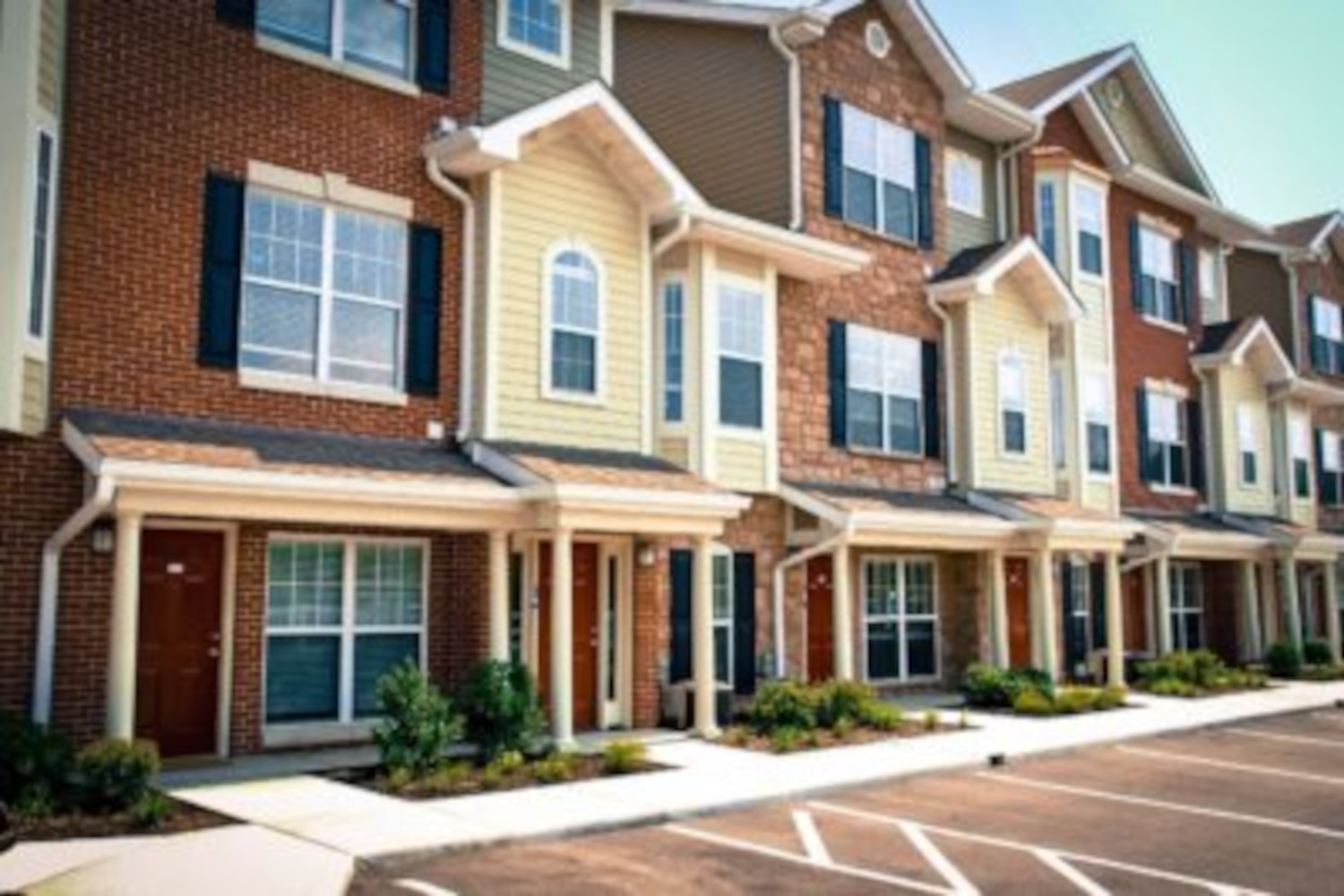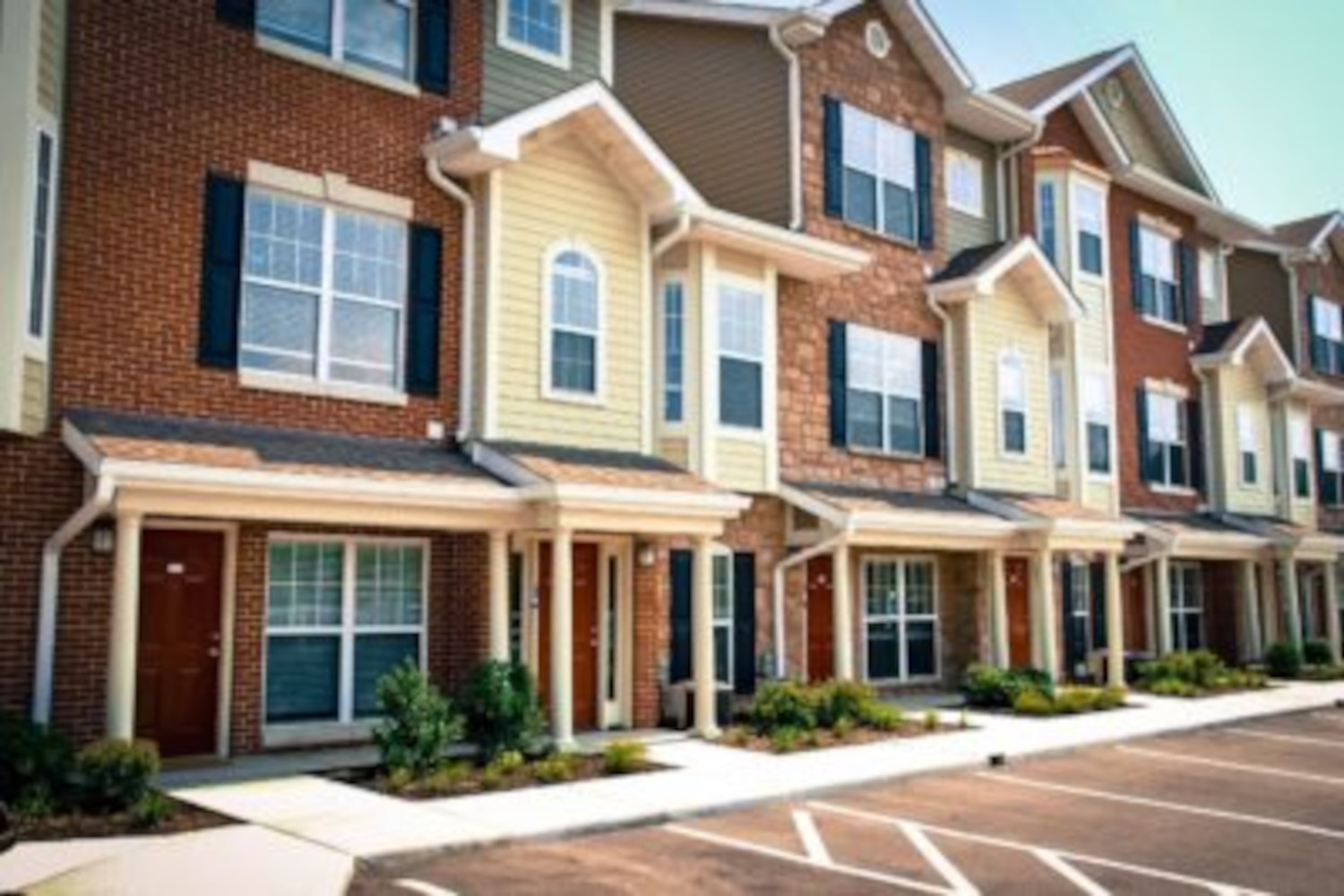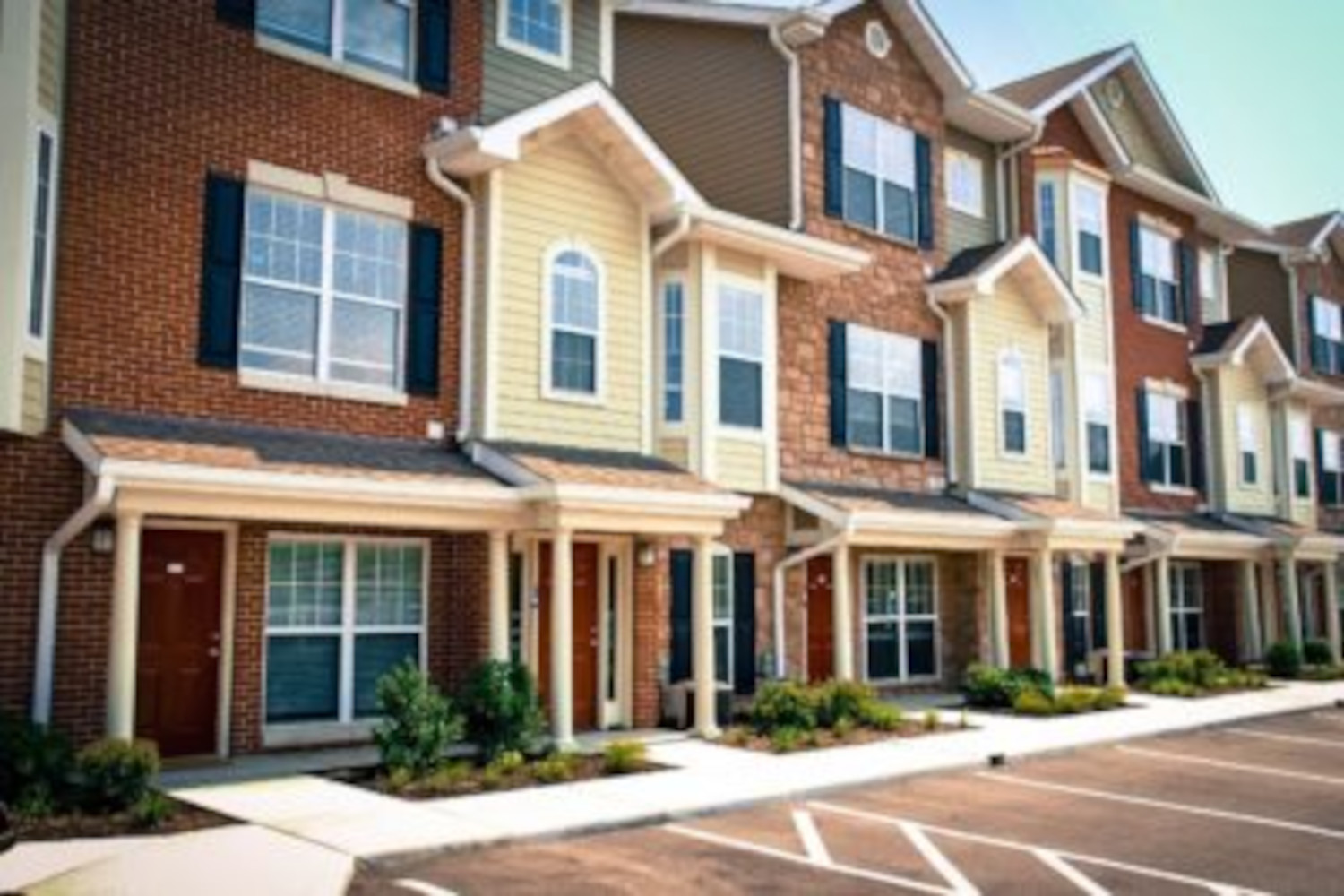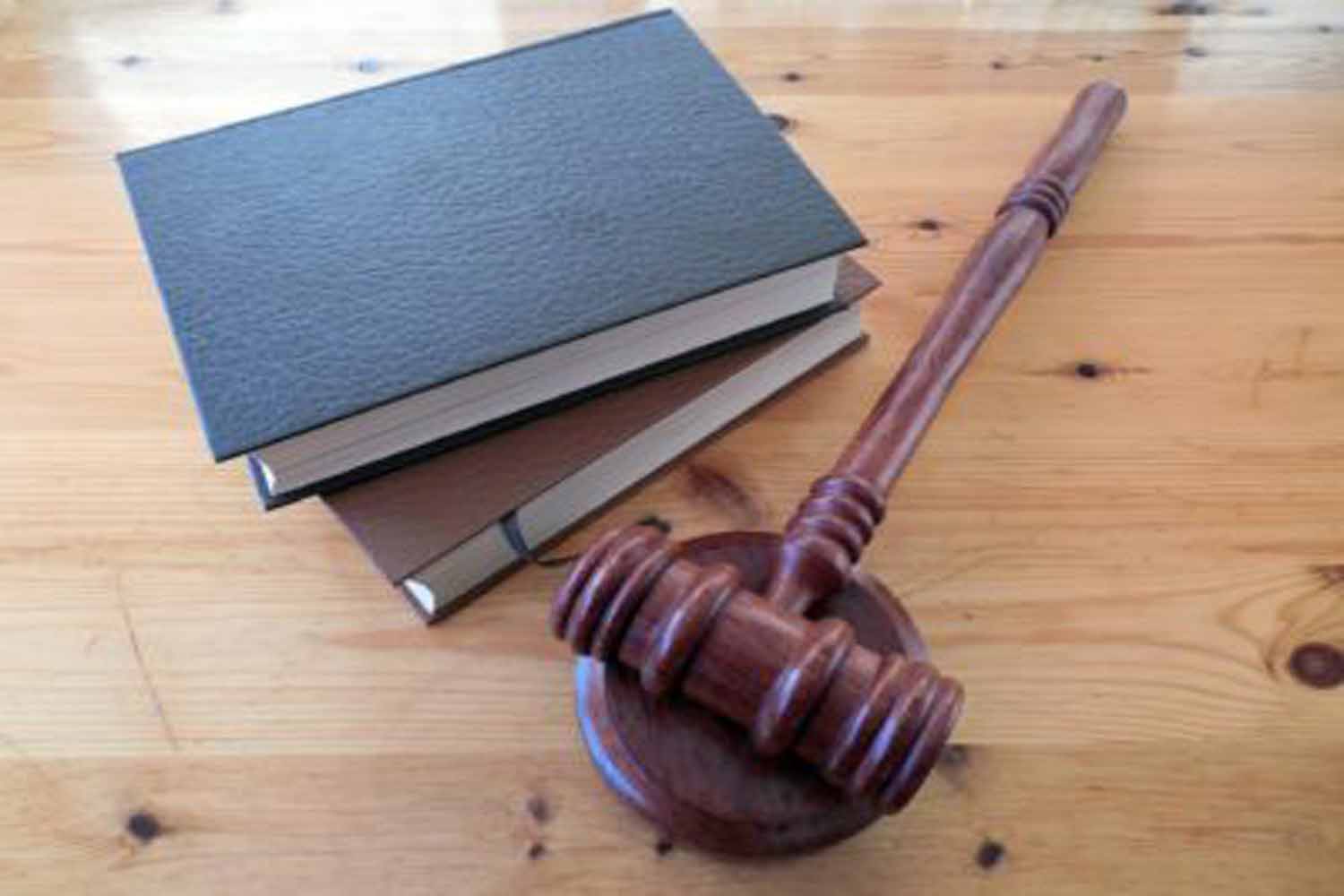
Business owners must determine the type of workers they will utilize to operate successfully. In some cases, owners think they are hiring independent contractors but, in reality, those workers may actually be employees. Failure to properly classify workers can result in fines, penalties, and payment of back taxes, so it is important that business owners understand the legal distinctions between an independent contractor and an employee.


